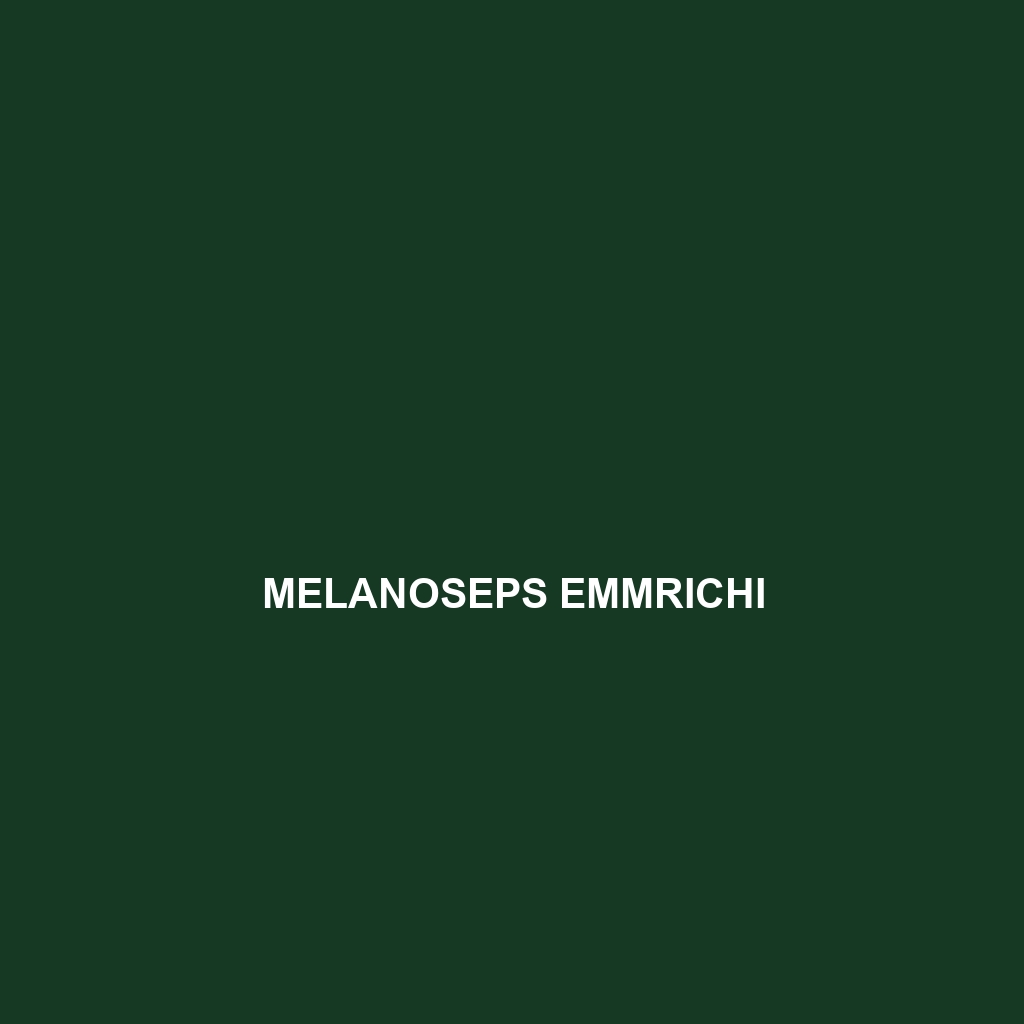Discover the Melanoseps emmrichi, or Emmrich’s worm lizard, a sleek, elongated species thriving in tropical and temperate forests of Africa. With its nocturnal habits and specialized insectivorous diet, this unique reptile plays a vital role in its ecosystem by controlling insect populations and contributing to biodiversity.
Tag: unique feeding habits
Dipsas schunkii
fascinating Dipsas schunkii, also known as Schunk's snail-eater, a strikingly colored snake native to Central America’s tropical rainforests, renowned for its diet of snails and slugs. With its slender body and excellent camouflage, this nocturnal predator plays a vital role in regulating the populations of its prey while thriving in humid, dense vegetation.
Dasypeltis fasciata
fascinating Dasypeltis fasciata, commonly known as the African egg-eating snake, renowned for its diet of bird eggs and its striking appearance with light brown or grayish bodies adorned with dark bands. This nocturnal reptile plays a vital ecological role by regulating bird populations and thrives in various sub-Saharan African habitats.
Calumma radamanus
Discover the Radama chameleon (Calumma radamanus), a vibrant, medium-sized reptile from Madagascar's rainforests, known for its stunning color-changing ability and arboreal lifestyle. This fascinating species plays a crucial role in controlling insect populations while adapting to its lush, humid habitat.
Antillotyphlops hypomethes
Discover the Antillean blind snake (<i>Antillotyphlops hypomethes</i>), a small, fossorial species native to the Caribbean islands, known for its distinctive smooth, cylindrical body and secretive behavior. This Vulnerable species thrives in moist, forested environments, primarily feeding on soft-bodied invertebrates while aiding in soil aeration and nutrient cycling.
Anguis veronensis
Discover the Italian slow worm, Anguis veronensis, a legless lizard known for its smooth, shiny scales and secretive nature, found in southern Europe's grasslands and woodlands. This species thrives on a diet of small invertebrates and plays a vital role in maintaining ecosystem balance.





